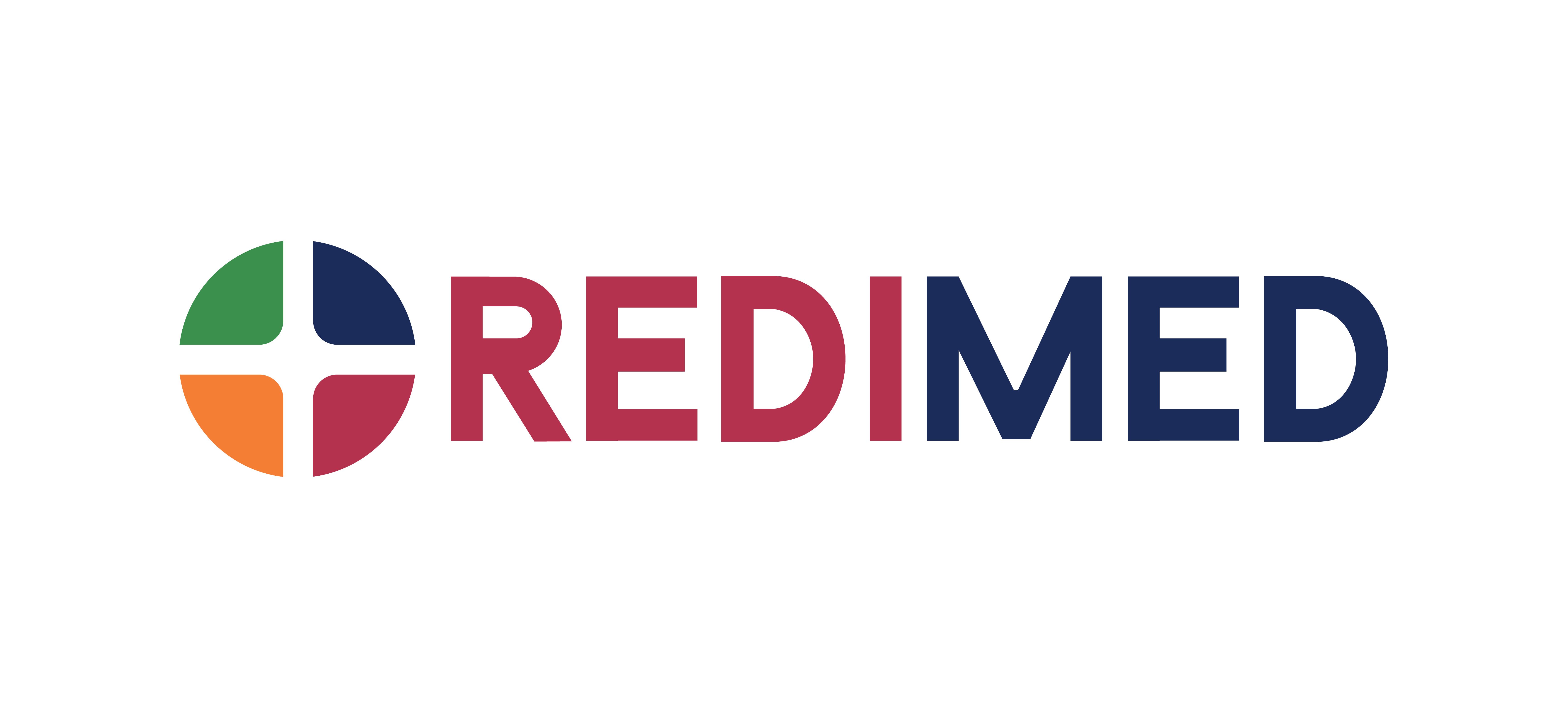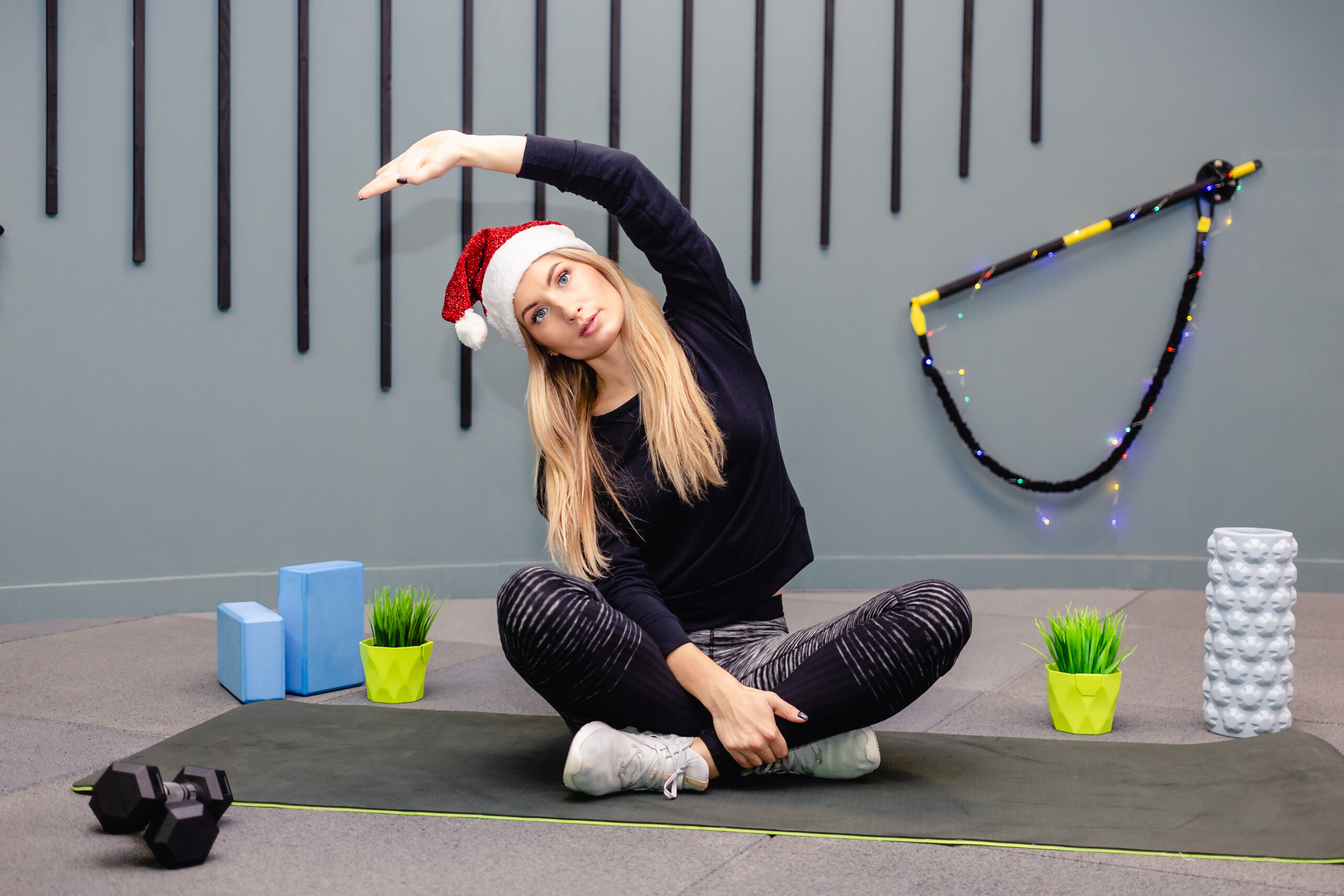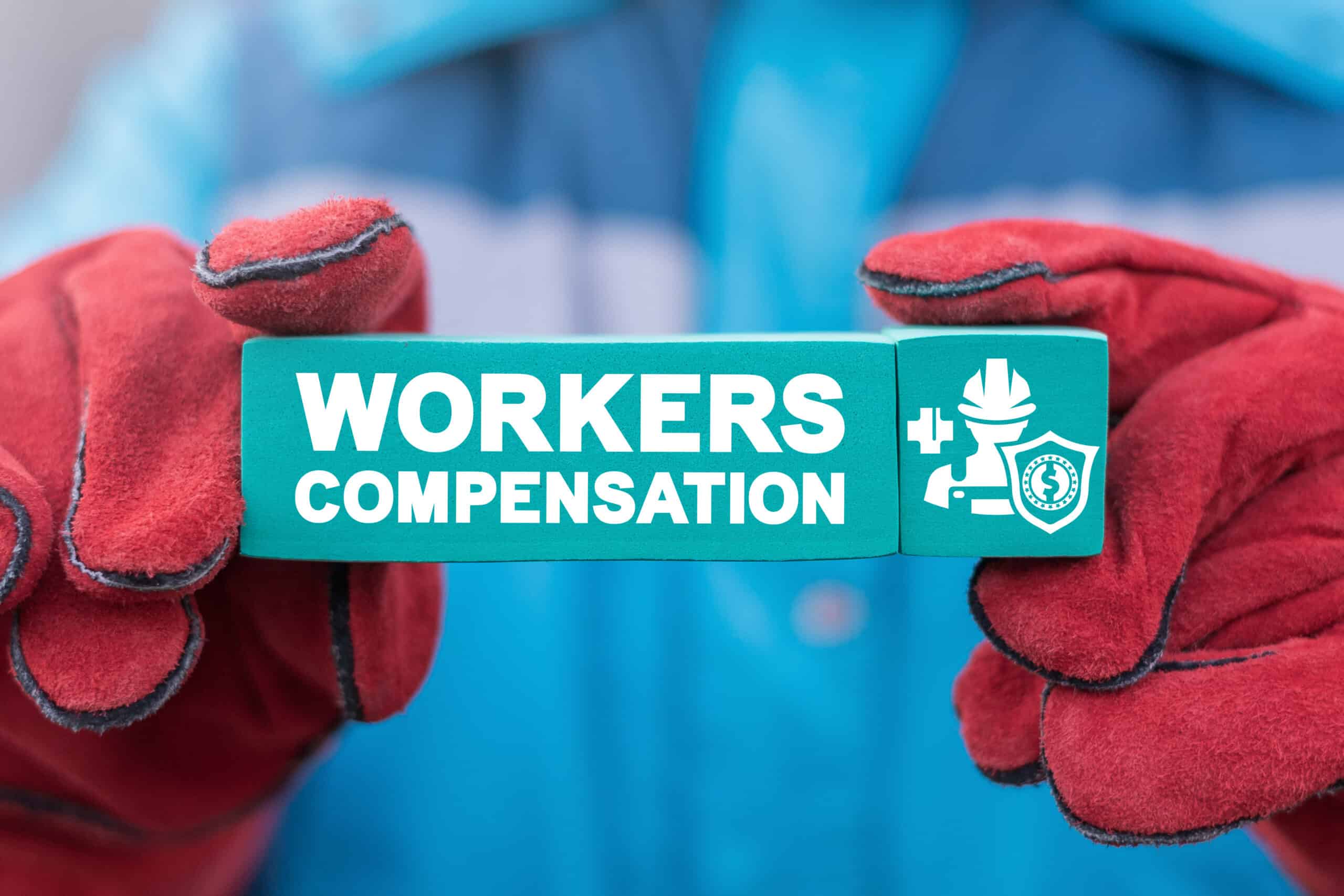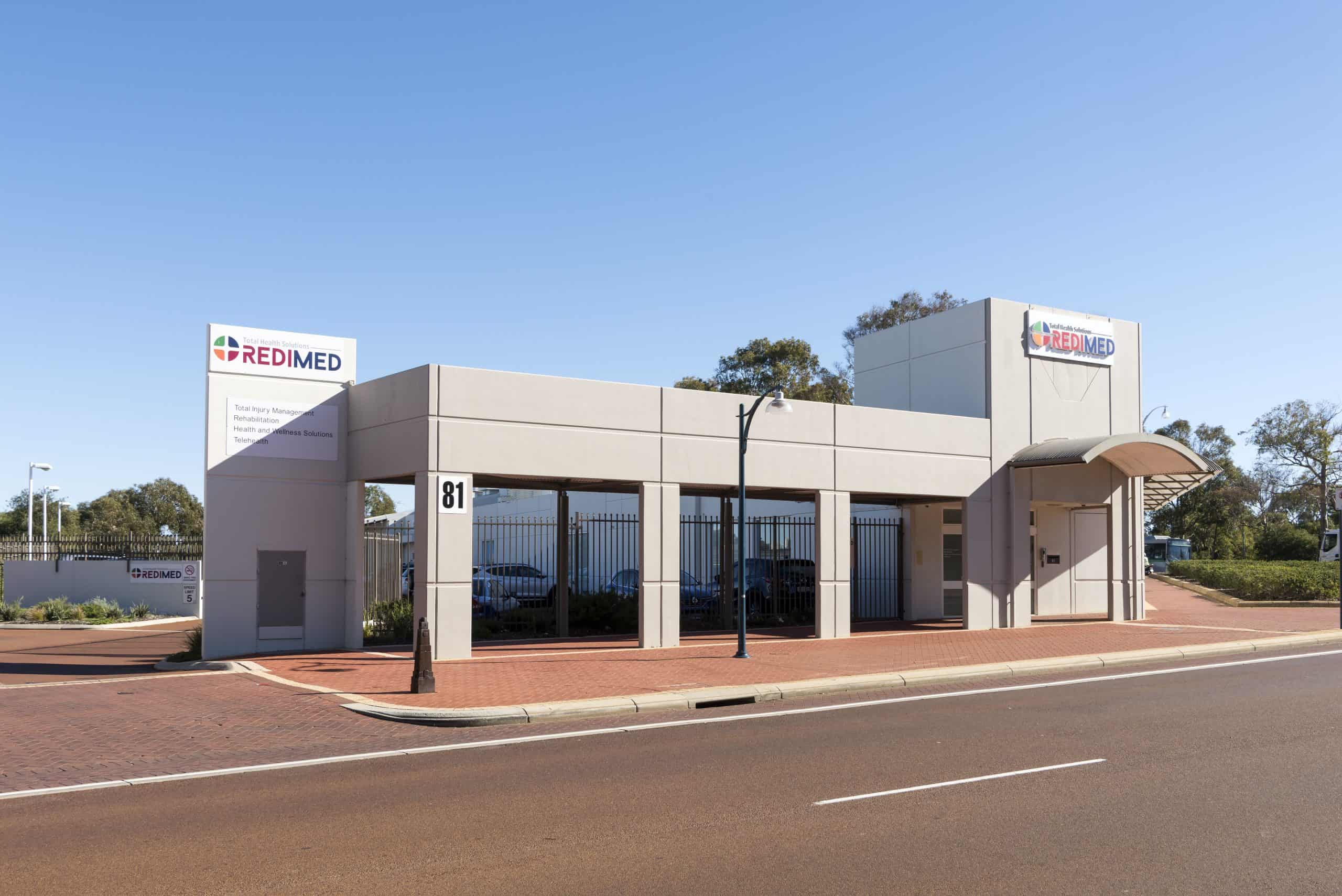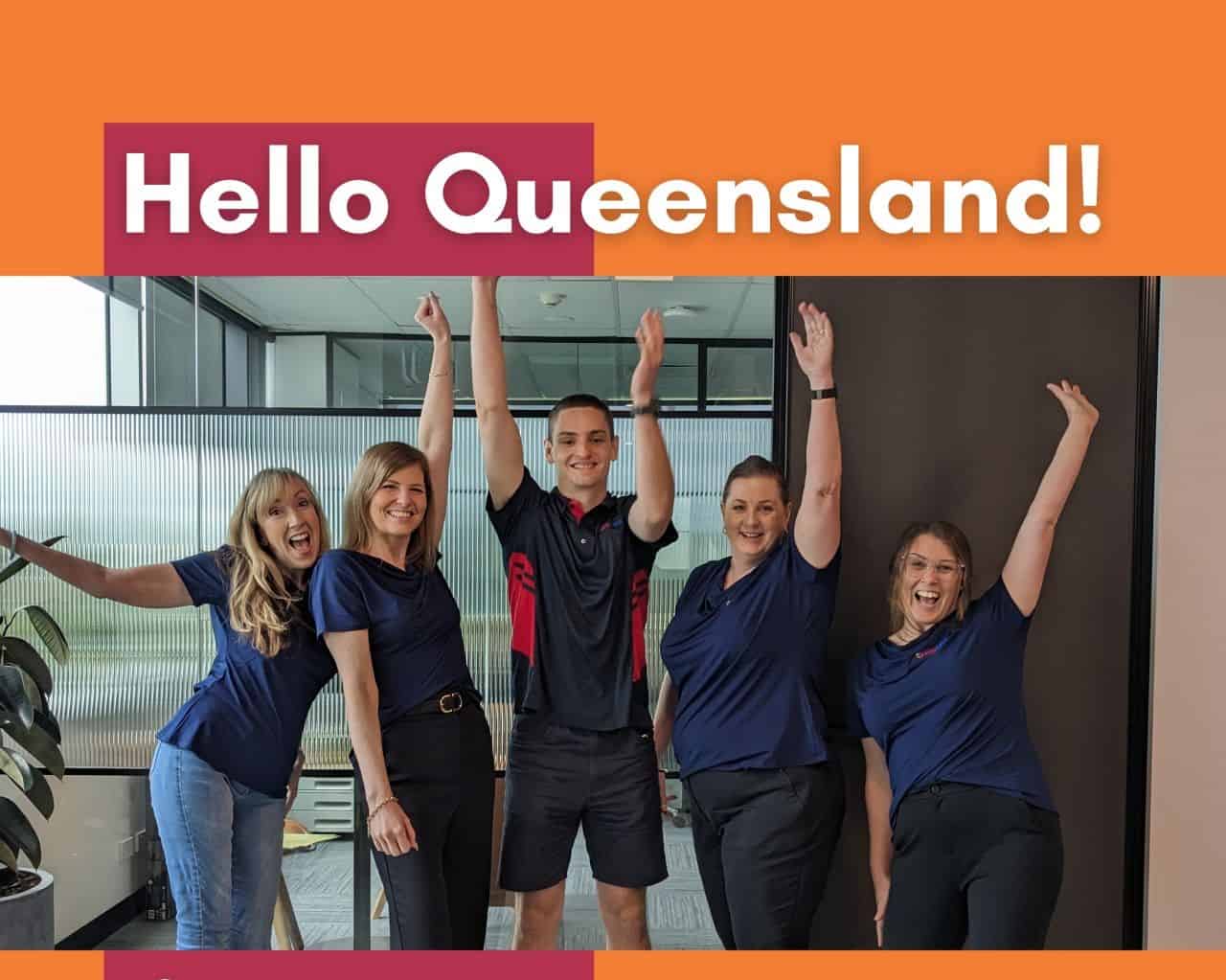13 February 2006. That was the day Theo Venter touched a live power pole with his bare hand – a decision that sent 22,000 volts surging into his body.
Theo was a veteran liney, but, at that moment, he put convenience (quickly removing a nut) above a proper risk assessment. Why? Because safety wasn’t top of mind.
No-one had ever survived an electric shock of that magnitude, and Theo almost didn’t either. Dr Fiona Wood – one of Australia’s most acclaimed burns specialists – conducted seven surgeries on his heavily burned arms.
But, even after those first life-saving treatments, Theo faced a stark reality: amputate both arms or die. At that point, RediMed’s Dr Hanh Nguyen intervened, performing another 10 surgeries over the next 20 days. Despite the odds, Theo survived – and best of all, kept his arms.
Five months later, he was out of the hospital and in the throes of new battles: overcoming a lack of independence, undertaking intensive bouts of hand therapy, fighting depression, and navigating the collapse of a 17-year-long marriage.
Those experiences built the Theo Venter of today: an acclaimed author, inspirational speaker, and safety advocate who educates both frontline workers and corporations of all sizes about the importance of always putting safety first.
That’s why we’re incredibly proud to announce that we’ve partnered with Theo to magnify his message about risk culture. In his role as RediMed’s safety ambassador, he’ll continue to educate leading organisations about safety, building internal mindsets that help prevent workplace accidents.
On 27 November 2023, Theo will be speaking live at a RediMed breakfast and networking event in Brisbane. Keep reading to get the details.
Why Building a Culture of Safety Matters
In 2021, 169 Australian workers were killed in on-site incidents and 130,195 serious workers’ compensation claims were lodged. Even though those numbers are down 35% and 17% decade over decade respectively, they’re ultimately unacceptable.
Every death creates a butterfly effect of trauma among friends and family. Every serious claim means temporary or permanent disability, which takes physical, financial and emotional tolls. And there’s an enormous economic cost to pay too – work-related injuries and illnesses from 2008 to 2018 cost Australia’s GDP an estimated $334 billion in expenses and productivity losses.
But, even in the face of those figures, too many organisations have a lip-service attitude to safety culture. Safety management is a compliance burden, not a genuine goal – and, even when strong systems are in place, perverse incentives (like being rewarded for doing a high-risk task faster) can undermine their efficacy.
As a workplace and occupational health partner, we see the impacts that those ‘safety-second’ attitudes create firsthand, and how the work of advocates like Theo can make a genuine difference. When safety is built into company culture, not tacked on, it can save lives and drive better financial outcomes for the organisation in question. It’s why we’re so committed to working with organisations that take safety seriously – and why we believe worker health is an integral aspect of workforce management, not a discretionary HR program.
Safer workplaces are created by four mechanisms:
- Safety culture (organisational attitudes, values and behaviours)
- Safety education (understanding of risk assessment and management)
- Safety management systems (like ISO 45001)
- Risk mitigation (reducing worker exposure to risks)
It’s up to organisations to pull on those levers – but a good workplace health partner can help. At RediMed, for example, our pre-employment medicals and fitness assessments are designed to keep high-risk individuals away from potentially dangerous environments. Maintaining minimum medical and physical standards is the first line of defence against worker injuries and illnesses.
Once workers are employed, though, ongoing wellbeing support – which includes both physical and mental health monitoring – is crucial for keeping health and safety top of mind (as well as identifying early risk factors). That continuous improvement of safety culture, which includes everything from health screening and skin cancer checks to vaccine management and audiometric testing programs, is critical for overall workforce health and resilience.
For optimal worker health outcomes, both services need to be delivered as part of an end-to-end framework. Even the best safety culture can’t prevent every accident, which is why integrated injury and illness management is critical. Our holistic approach supports every stage of the patient journey – emergency physician support post-trauma, telehealth support, surgical interventions as required, followed by allied health support during recovery.
It’s a model that’s been proven to deliver better patient outcomes, improve recovery times, and reduce employer injury-related expenditures.
RediMed x Theo Venter
Organisational change doesn’t happen on its own. Often, it needs a catalyst – someone like Theo Venter, who can drive home safety messaging at both corporate and frontline levels.
In his role as RediMed’s ambassador, Theo will speak at approximately 10 scheduled events over the next 12 months. He’ll also work directly with existing RediMed customers, conducting motivational talks with staff and helping senior leadership refine their approach to safety culture.
Hear Theo Speak on 27 November
Theo’s first event will be on 27 November: a breakfast-and-networking event in Brisbane, designed to introduce RediMed’s new Spring Hill clinic to Brisbane businesses.
Starting at 7:30 a.m. with networking and complimentary coffee, the event’s dining-and-listening time will run from 8:00 to 9:30 a.m. (Expect a continental breakfast prepared by the Hotel Grand Chancellor’s chefs.) As you eat, Theo will share his story and why it matters for workplaces. He’ll also provide actionable advice around building a culture of safety – something that every senior leader with in-workshop or on-site personnel should hear.
If you represent an organisation with frontline workers, take two hours out of your week to eat, network, and hear from Theo. Workplace safety might feel like something your organisation manages well, but there are almost always ways to improve both systems and internal attitudes.
Safety should never come second. We’ll see you there.
When: 27 November 2023, 7:30–9:30 a.m.
Where: Hotel Grand Chancellor Brisbane, 23 Leichhardt St, Spring Hill QLD 4000
Inclusions: Tea/coffee and a chef-prepared breakfast
Questions and Dietary Requirements: liasion@redimed.stagingwebsite.me
Transport: Use on-street parking, walk 13 minutes from Roma Street Station, or walk from nearby paid parking facilities
Additional Information
Find out more about Theo: https://www.theoventer.com/
Learn more about RediMed’s workplace health services: https://www.redimed.com.au/business-services/
Make your workplace safer: https://business.gov.au/risk-management/health-and-safety/make-your-workplace-safer
Find out what true safety culture means: https://www.worksafe.qld.gov.au/__data/assets/pdf_file/0024/19365/understanding-safety-culture.pdf
